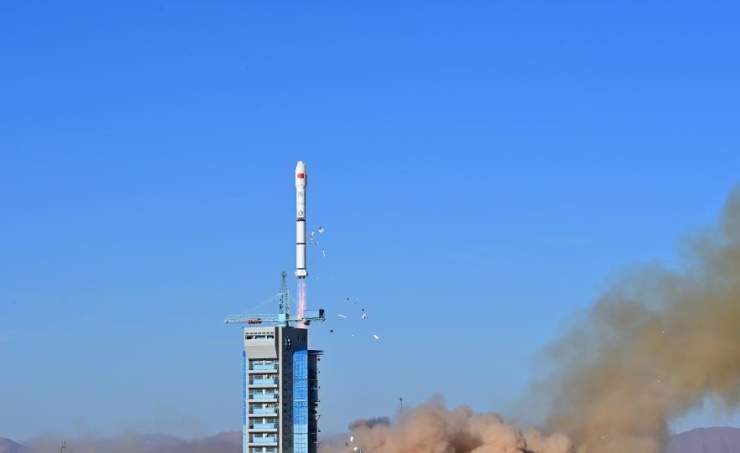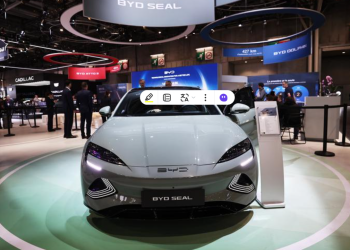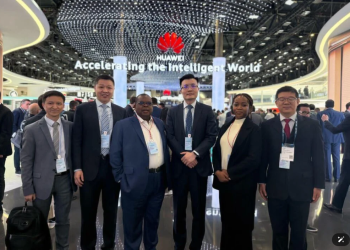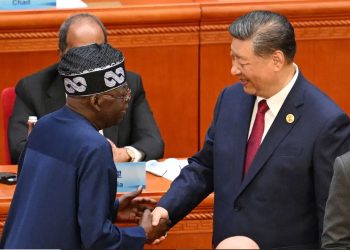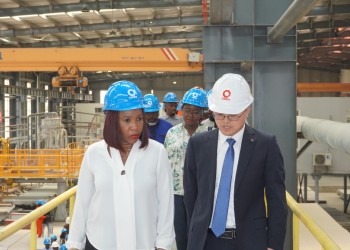China helped Egypt send a remote-sensing satellite into orbit from the Jiuquan Satellite Launch Center in northwest China’s Gobi Desert Monday.
The satellite MISRSAT-2, launched by a Long March-2C carrier rocket at 12:10 p.m. (Beijing Time), will be used in Egypt’s land and resource utilization, water conservancy, agriculture, and other fields.
The project results from all-around practical cooperation between China and Egypt under the principles of extensive consultation, joint contribution, and shared benefits since the Belt and Road Initiative was proposed a decade ago, according to the China National Space Administration (CNSA).
The MISRSAT-2 is a landmark project of deep cooperation between China and Egypt in the field of high-tech aerospace and is of milestone significance in aerospace cooperation between the two countries, said the CNSA.
China helped Egypt develop and build a satellite assembly integration testing center.
During the development of the satellite, the Chinese side provided comprehensive system-level design training and final assembly testing operation training to Egyptian technicians, who deeply participated in the entire process of satellite design, development, and testing.
The cooperation project helped promote Egypt’s aerospace industry in satellite development, ground facility construction, and operation, as well as satellite data processing and application. The project also laid a foundation for deepening the follow-up aerospace cooperation between China and Egypt.
Haitham Medhat Akah, program manager from the Egyptian Space Agency, told Xinhua that the MISRSAT-2 project has laid a solid foundation for the development of Egypt’s space industry, promoted the training of Egyptian space professionals, and helped Egypt become a leader in the field of space satellites in Africa and the Middle East.
He noted that the successful launch of the satellite is not only a milestone in the field of Chinese-Egyptian space cooperation but will also serve the Egypt Vision 2030 sustainable development strategy in several important areas, such as agriculture, mineral exploration, urban planning, and monitoring of coastline changes.
Gao Lyuhua, deputy director of the Earth Observation System and Data Center of the CNSA, said the successful implementation of the MISRSAT-2 project made Egypt the first country in Africa to have complete satellite development and final assembly and testing capabilities.
China is willing to work with Egypt to cooperate in sharing and exchanging satellite data, and continuously expand the breadth and depth of space cooperation between the two countries, Gao said.
Egypt is a major country in Arab countries and Africa. The China-Egypt space cooperation could become a model of space cooperation between China, Arab, and African countries with important demonstration significance. China is willing to work with other countries to build a community with a shared future in space and for mankind, Gao added.
Monday’s launch was the 499th flight mission of the Long March carrier rockets. Remote sensing satellites Starpool 02-A and Starpool 02-B were also sent into space simultaneously.





























